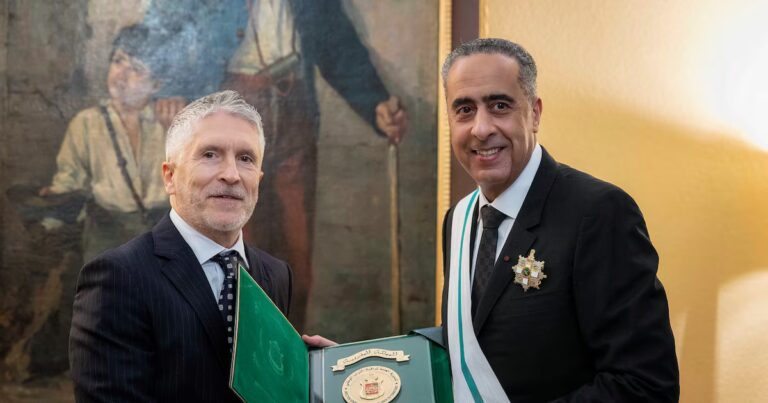
The government created the Federal First Instance Program. National Office of Children, Youth and Families; depends on Ministry of Human Capitalthrough resolution 631/2025.
The measure came into force with the publication of resolution 631/2025 in the Official Gazette. In it, they detailed that the core objectives of the program are to improve access to early childhood services for the most vulnerable populations and to enhance the quality of attention, care and nurturing for children from conception to 48 months, articulating collaborative interventions between national, state, institutional settings (child development centres) and families. At the same time, early childhood development (ECD) and Strengthen the human capital of a new generationensures holistic development from the first years of a child’s life.
Therefore, this program will focus on: Strengthening national and local institutions in early childhood policy. Improving the quality of child development centers through common standards, training, and monitoring. Expand local family support strategies. Generate integrated information systems to guide decision making. Implement financing schemes based on results and goal achievement.
In their discussion, they pointed out that: The central government considers investment in early childhood to be a strategic and high-impact action for the country’s human development and social and economic progress.Because it constitutes a critical stage during which children experience accelerated growth in physical, cognitive, emotional, and social development.

To this end, Leaders underlined the critical importance of having programmatic instruments that allow policies aimed at protecting and improving the quality of early childhood services to be implemented in a coordinated and coherent manner, in accordance with the roles and functions assigned to each level of government. All of this is done based on the initial diagnostics each state carries out regarding its system operations and improvement needs.
In the face of this, the government established that the National Secretariat for Children, Youth and Families, within the national executive branch, as the specialized agency for the rights of children and young people, would oversee the appropriate application of the program, and that the localities would be responsible for implementing public policy.
In this sense, they emphasized that: Local authorities are well placed to support children and families in their communities. And, having better operational and diagnostic capabilities within its territory, its actions are considered more effective and efficient.
“They will be fully responsible for local implementation, professional contracts, transfers and other operational aspects. Payment for this component will be based on the number of families virtually accompanying and registered in the system,” the program’s rationale reveals.
To this end, “states will agree with the states, through framework agreements, the total amount of population or monthly vouchers that can be transferred and the maximum number of accompanying family members.”
Aid would then be prioritized in proportion to each state’s child poverty rate, with states with more alarming numbers. “Priority sectors are those with an IPI value of 7 or above, representing 40% of the most vulnerable sectors at national level.
“To guarantee the federal nature of this program, it has been established that every state will include at least 10% of its ministries,” they explained. However, it said, “If a state does not meet the percentage of departments meeting this IPI standard of 7 or above, the departments following the violation level will be incorporated until the minimum threshold is completed.”



